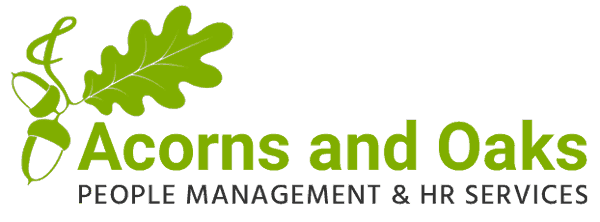Let’s face it, people are wonderfully different; this means that people management isn’t easy – we’re complex and have a variety of needs. When I’ve managed large teams, I always said that it’s the hardest, yet most rewarding part of my job. You get to be a part of someone’s career journey, sometimes you’re a shoulder to cry on and sometimes you get to deliver the good news about a pay rise or promotion. On the flip side, having to have difficult conversations about performance is never nice, but working with them, helping them improve and seeing them develop and grow is blooming fantastic. People Management is a rollercoaster, buckle up!
In my last article, we looked at why choosing the right people managers was so important for your business. Now we’re going to look into a few of the many and ever-changing hats that people managers have to wear:
The Coach
Part of your role is to coach your people, this might be to achieve individual or business goals, often both. Working with your people to identify those goals, break them down, prioritise them and develop ways to reach them.
The Mentor
Similar to, but not the same as a coach, acting as a mentor – using your experience, knowledge and skills – you might provide training, give advice, build confidence and improve skills.
The Confidant
Life can be difficult and inevitably people will have personal issues or concerns from time to time – as their manager your people will look to you for support during these times. Building a trusting relationship will ensure that your people feel comfortable in talking to you during difficult times – this is critical for their well-being. Sometimes just being there to listen is enough, at other times, you may need to seek support from other sources such as HR.
The Career Adviser
As with your coach and mentor hats, you’ll help to shape a person’s career. Even if someone has a very clear path that they wish to take, you will provide advice and support to help them get there. Similarly, over time things may change and you might find your people wanting to take a different route. Most people nowadays change paths several times throughout their career.
The Taskmaster
Businesses have goals and objectives, whether they’re monitored through KPIs or other means, they feed down into teams and then individual roles. Part of your role will be to ensure that your people are working toward and achieving their part in the business’ success. This might sometimes mean that you have to push people to reach those goals and manage under-performers.
The Cheer Leader
Sometimes work can be difficult, if you’re delivering a large project or working to tight deadlines, most businesses experience peaks and troughs throughout the year. During more difficult times, you will need to motivate your people, boost morale and ensure people stay on track. By learning what works for your people, you’ll be able to be an effective manager during these times.
I think you’ll agree that the role of people manager is diverse and ever-changing; to be successful you need to be adaptable and resilient. Get in touch for support on implementing or improving people management practices including training and guides.
Next time we’ll look at what makes a good people manager…







Leave A Comment